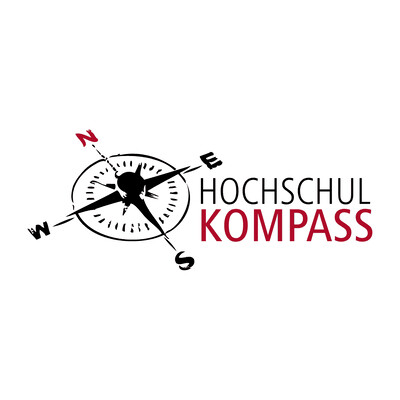Utility Engineeringwith integrated professional training, dual system, including practical semester, full time
Bachelor of Engineering
Bachelor
Degree7 semesters
Standard period of study (amount)
Trier
Location
expired (Germans and inhabitants)
expired (EU), expired (Non-EU)
Please enquire
Overview and admission
Study Type
undergraduate
Admission semester
Summer and Winter Semester
Area of study
- Building Services
- Supply Engineering
Annotation
Developing Innovative Technology and Helping to Shape the Energy Transition The energy transition presents us with the challenge of developing innovative and networked building and supply technology that will permanently change the way we use energy and live our lives. How do we turn buildings into smart buildings in the future? How do we intelligently develop supply networks of cities? How can energy, water, electricity and heat be interconnected? The "Technical Building Services and Supply Engineering - with vocational and academic elements" degree programme prepares students to actively shape the energy transition and our future. What does technical building equipment include? The term includes all technical equipment installed in or permanently connected to a building: From energy supply to building heating, electrical engineering, drinking water heating and ventilation to information systems for the use of renewable energies. What is Supply Engineering? Supply engineering essentially refers to all technical measures that supply buildings, operating sites and other facilities. These include energy supply (electrical, heating), material supply (air conditioning, ventilation) and disposal (waste, waste water). It also includes the higher-level supply of cities and municipalities with gas, water and electricity. Degree programme with vocational and academic elements The “Technical Building Equipment & Supply Technology – degree programme with vocational and academic elements” can be studied in an integrated training or practice-based format. Both models with vocational and academic elements are divided into an academic-theoretical part at the university and a practical part in the company. In the training-integrated study model, an apprenticeship is completed in addition to the degree programme. The apprenticeship starts approximately one year before the start of the degree programme; during the semester break, the students work at their company. In the practice-integrated variant, students also work at a company during the non-lecture period. Instead of a training contract, they conclude an internship contract. This type of study programme offers ideal preparation for demanding jobs in medium-sized companies. If you are interested in a training-integrated degree-programme, please contact Trier Chamber of Crafts and Trades or the Trier Chamber of Commerce and Industry (IHK) for advice in advance. Personal advice and information on the course content Prof. Dr.-Ing. Jochen Bühler Course Coordinator Phone: +49 651 8103-346 Email: buehler@hochschule-trier.de
Lecture period
- 07.10.2024 - 01.02.2025
- 24.03.2025 - 05.07.2025
Application deadlines
Winter semester (2024/2025)
Deadlines for International Students from the European Union
Expired
With certificates from abroad, generally via www.uni-assist.de; Exceptions will be communicated via the university's application pages
Deadlines for international students from countries that are not members of the European Union
Expired
With certificates from abroad, generally via www.uni-assist.de; Exceptions will be communicated via the university's application pages
Application deadline for Germans and inhabitants
Expired
Enrollment deadline for Germans and foreign students
Expired
Languages of instruction
Main language
German

